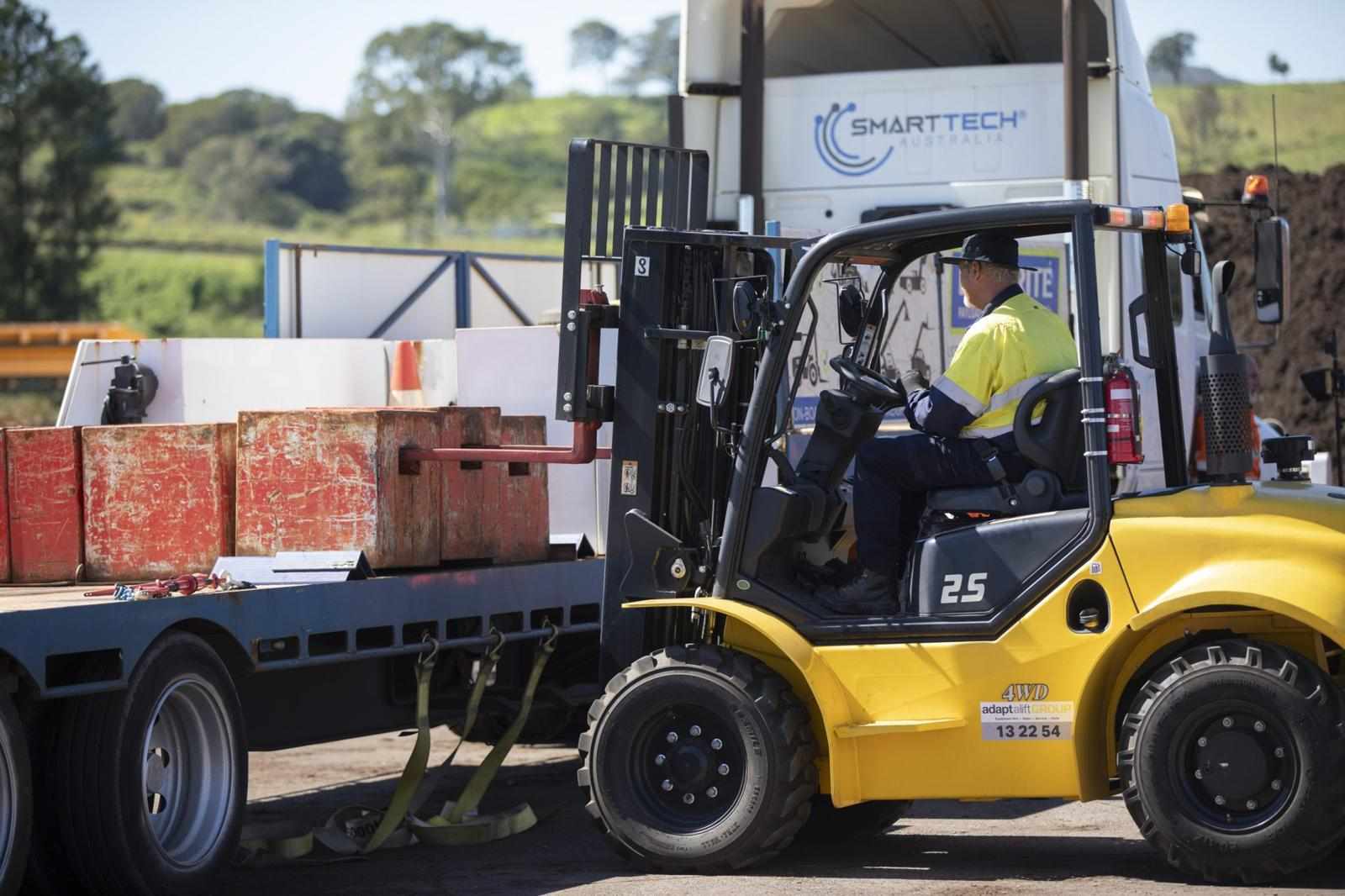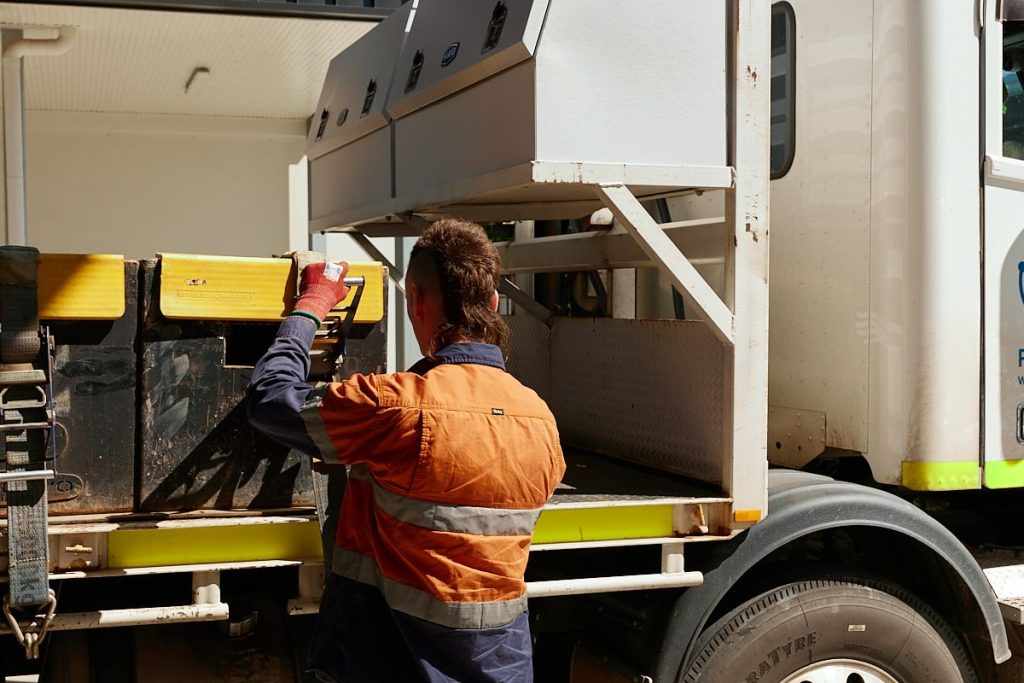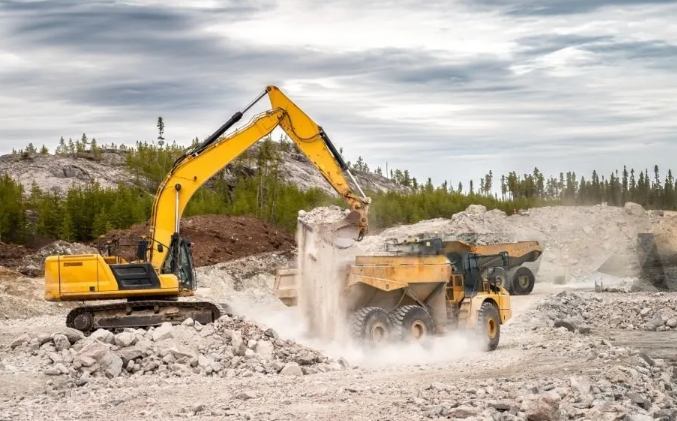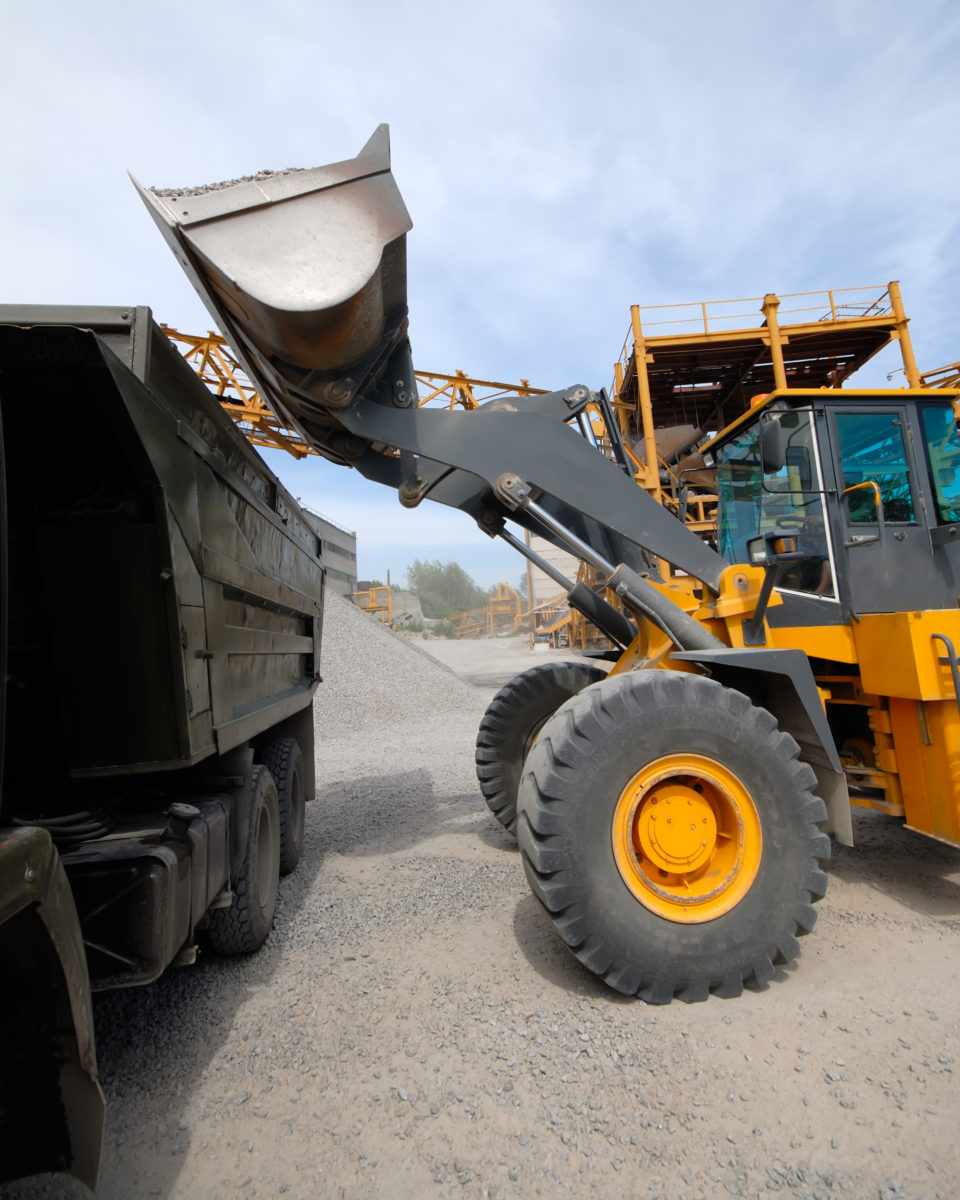In the mining and construction industries, loaders are indispensable machines known for their heavy lifting and material handling capabilities. However, the efficiency and reliability of these machines heavily depend on their internal systems — especially the electrical systems. A well-maintained loader electrical system ensures smooth operation, minimizes downtime, and enhances workplace safety. In this blog, we’ll explore the key components of a loader’s electrical system and provide practical maintenance tips to keep your equipment in peak condition.
Understanding Loader Electrical Systems
The loader electrical system is responsible for powering various critical components, including the starter motor, alternator, lighting, dashboard instruments, sensors, and communication modules. These systems are essential for initiating the engine, operating safety systems, and ensuring operator visibility and control.
Loaders used in demanding environments, such as underground mining or harsh outdoor terrains, are subjected to extreme conditions. As a result, their electrical systems must be robust, weather-resistant, and properly maintained to avoid system failures.

Key Components of a Loader Electrical System
Starter Motor
This component is responsible for cranking the engine and starting the machine. A malfunctioning starter can prevent a loader from operating entirely.
Alternator
The alternator generates electricity while the engine runs and recharges the battery. If the alternator fails, battery power can drain quickly, leading to electrical failures.
Battery
The battery provides the initial power to start the loader and supports electrical functions when the engine is off. A dead or weak battery is a common reason for loader electrical issues.
Fuses and Relays
These protect the electrical system from short circuits and overloads. Blown fuses or faulty relays can disrupt essential functions like lighting, control systems, and safety alarms.
Wiring Harness
This network of wires connects all electrical components. Wear and tear, heat damage, or rodent interference can result in short circuits or power losses.
Control Modules and Sensors
Modern loaders include electronic control units (ECUs) and various sensors that monitor engine performance, hydraulic systems, and emissions. These are crucial for diagnostics and efficiency.
Common Loader Electrical Problems
Understanding potential issues helps with early detection and prevention. Common loader electrical problems include:
Intermittent starting or no-start conditions
Dim or flickering lights
Dashboard warning lights
Sensor failures or inaccurate readings
Battery not charging
Burnt wiring smell or visible damage
Promptly addressing these symptoms can prevent further damage to the loader and avoid costly repairs or operational delays.
Maintenance Tips for Loader Electrical Systems
Conduct Regular Inspections
Perform scheduled checks on wiring, connectors, and battery terminals for corrosion, wear, or looseness.
Clean Battery Terminals
Corrosion buildup on battery terminals can inhibit electrical flow. Clean with a terminal brush and apply a protective anti-corrosion spray.
Protect Wiring from the Elements
Use protective conduit and routing techniques to prevent moisture or debris from affecting wiring harnesses.
Check Fuses and Relays
Replace blown fuses immediately and test relays regularly to ensure they are functioning as intended.
Monitor Battery Health
Use a multimeter or load tester to evaluate battery condition. Replace aging batteries before they fail unexpectedly.
Use OEM Parts
Always opt for original equipment manufacturer (OEM) parts when replacing components to maintain system compatibility and performance.
Keep Software Updated
For modern loaders with digital control modules, ensure software and firmware are up to date. This helps maintain system efficiency and prevents compatibility issues.
Why Loader Electrical Maintenance Matters
Poor maintenance of the loader electrical system can lead to unplanned downtime, safety hazards, and higher operational costs. For industries like mining, where efficiency and uptime are crucial, a minor electrical issue can halt production and create significant delays.
Proactive maintenance not only extends the lifespan of your loader but also ensures compliance with safety standards. Additionally, well-maintained loaders are more fuel-efficient and offer consistent performance, even under demanding workloads.
Conclusion
The loader electrical system is the lifeline of any loader, powering essential components that ensure safety, productivity, and reliability. By understanding its key parts and following a disciplined maintenance schedule, operators can prevent breakdowns and maximize equipment uptime. Don’t wait for an electrical issue to disrupt your operations — inspect, maintain, and stay ahead with SmartTech’s trusted support.






Write a comment ...